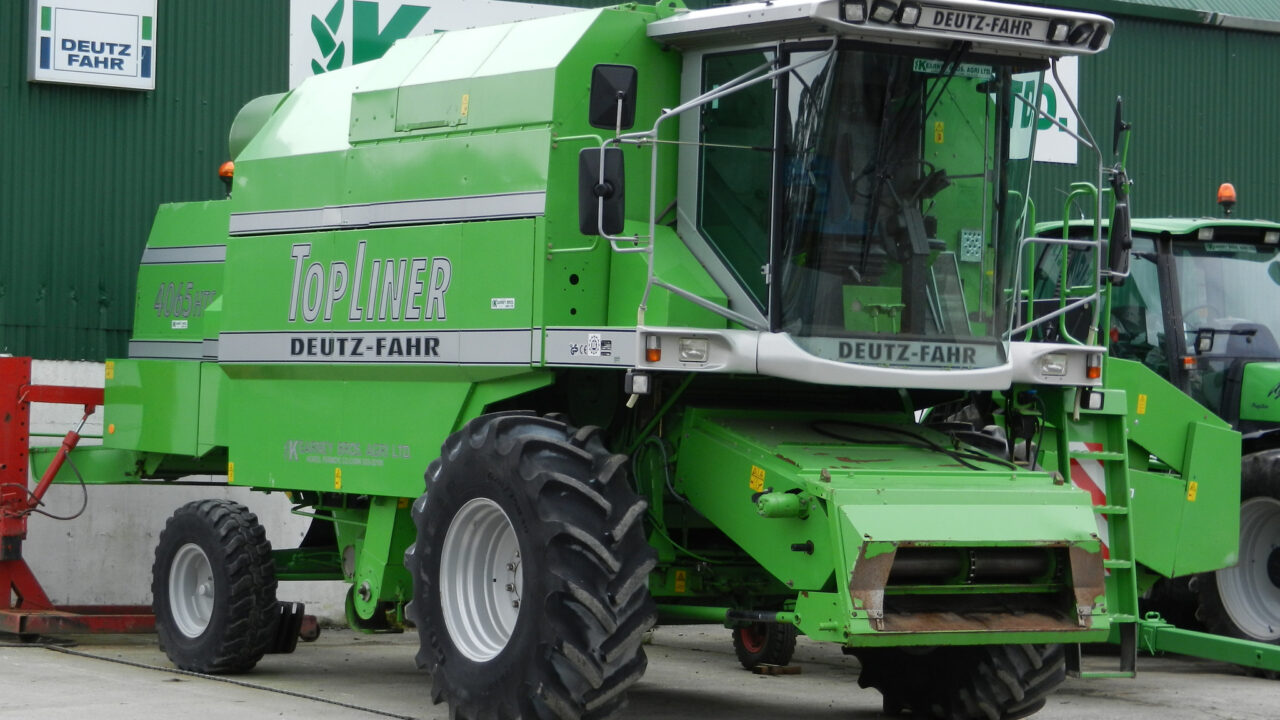A single European system of rules is being sought by a combination of European ‘mobile machine’ manufacturers this week from the European Commission, according to CEMA (European Agricultural Machinery Industry), in a joint statement with other representative groups.
The joint effort by the industry’s representative organisations is aimed at establishing a harmonised system of rules for mobile machines to travel on public roads.
In essence, this means creating one single EU approval system for mobile machines (i.e. combine harvesters, telehandlers, excavators, ride-on mowers and so on), which will authorise them for use on roads across Europe – without imposing further national technical requirements.
This effort was made through joint proposals to the European Commission on Monday (June 12), ahead of a workshop in Brussels that is taking place today (June 14), where the commission, member state representatives, stakeholders and industry organisations will discuss solutions for rule harmonisation.
As it stands, mobile machines have to be given authorisation in individual EU countries, and must be deemed compliant with various national regulations in terms of lighting, weight, braking, signalling and width, among other aspects, for road use.
These diverse individual rules are described as “costly”, “cumbersome” and “unnecessary for producers and users alike” by CEMA.
The proposals to change such rules are supported by the European associations CECE (construction equipment), CEMA (agricultural machinery), EGMF (garden equipment), EUnited Municipal Equipment and FEM (materials handling equipment).
These proposals for change are being voiced ahead of an official commission proposal to modify existing legislation, expected to be made in 2018.
The industry proposals include suggestions on a new-look approval system, with minimised bureaucracy and some existing relevant legislation – as well as how harmonised standards may look upon completion.
In the view of the industry representatives, a harmonised system would improve competitiveness in the sector by removing needless administrative and economic burdens. This, according to the representatives, would create a level playing field for both customers and manufacturers, as well as easing workloads and reducing delays.



